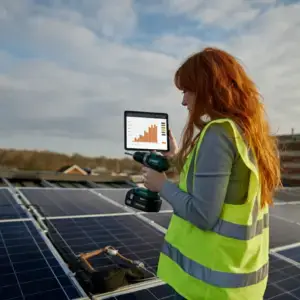UK Solar Panel Initial Investment & Long-Term Savings

Solar panels are becoming an increasingly common sight on rooftops across the UK, and for good reason. They offer a compelling combination of financial savings, environmental responsibility, and increased property value. But for many homeowners, the initial investment remains a significant hurdle. This article delves into the costs associated with going solar, the long-term financial benefits, and how you can make an informed decision about whether solar panels are the right choice for your home.
The Upfront Costs: What to Expect
Investing in solar panels is akin to any major home improvement project; it requires an upfront financial commitment. The total cost will vary depending on several factors, including:
- System Size: The larger your system (measured in kilowatt peak – kWp), the more electricity it can generate, but the higher the initial cost. Your energy needs, roof size, and budget will determine the appropriate system size.
- Panel Type: Monocrystalline, polycrystalline, and thin-film solar panels are available, each with varying efficiency levels and costs. Monocrystalline panels are generally the most efficient but also the most expensive.
- Inverter Choice: The inverter converts the DC electricity generated by your panels into AC electricity used in your home. Inverter quality and type (string inverters, microinverters, or power optimisers) impact both performance and price.
- Installation Complexity: Roof pitch, accessibility, and any specific structural requirements can influence the installation costs.
- Scaffolding and Labour: Installation often requires scaffolding, and labour costs can vary depending on the complexity of the project and your location.
While it’s difficult to provide an exact figure without a site survey, a typical 4kWp solar panel system in the UK can cost anywhere between £6,000 and £12,000.
Financing Your Solar Journey
Fortunately, there are several ways to finance your solar panel installation:
- Outright Purchase: If you have the funds available, buying your system outright offers the quickest route to savings on your energy bills. You’ll own the system from day one and benefit fully from any generated electricity.
- Loans: Various loan options are available specifically for home improvements, including solar panel installations. These loans allow you to spread the cost over several years, making the investment more manageable.
- Home Equity Loans: If you have sufficient equity in your home, you might consider a home equity loan or secured loan to finance your solar panels.
- Government Schemes: While the Feed-in Tariff (FIT) scheme has closed to new applicants, There is a new tariff called Smart Export Guarantee (SEG).
Reaping the Rewards: Long-Term Savings and Benefits
Once your solar panels are up and running, you can start enjoying the numerous benefits they offer:
- Reduced Energy Bills: This is the most significant advantage. By generating your own electricity, you’ll reduce your reliance on the national grid and significantly lower your electricity bills. The amount you save will depend on your system size, energy consumption, and the amount of sunlight your panels receive.
- Feed-in Tariff (FIT) Payments (for existing installations): If your system was installed under the FIT scheme, you’ll receive payments for the electricity you generate, even if you use it yourself. You’ll also receive payments for any surplus electricity exported back to the grid.
- Smart Export Guarantee (SEG) Payments: For systems installed after the closure of the FIT scheme, the SEG allows you to earn money by selling excess electricity back to the grid. Energy suppliers offer varying SEG tariffs, so it’s crucial to compare rates.
- Increased Property Value: Studies have shown that homes with solar panels tend to sell for more than those without. Solar panels are seen as a desirable feature by potential buyers, reflecting energy efficiency and environmental awareness.
- Energy Independence: Solar panels provide a degree of energy independence, reducing your vulnerability to rising energy prices and potential power cuts.
- Environmental Responsibility: By generating clean, renewable energy, you’ll be reducing your carbon footprint and contributing to a more sustainable future.
Calculating Your Return on Investment
The payback period for your solar panel investment will depend on various factors, including:
- System Cost: The initial investment is a key factor in determining how long it takes to recoup your costs.
- Energy Savings: The more electricity you generate and consume yourself, the faster you’ll see a return on your investment.
- FIT or SEG Payments: These payments contribute to your overall savings and shorten the payback period.
- Energy Price Inflation: As energy prices continue to rise, your savings from solar panels will become even more significant.
While the payback period can vary, it’s typically between 7 and 10 years in the UK. After this period, you’ll essentially be generating free electricity for the remaining lifespan of your panels, which can be 25 years or more.
Choosing the Right Installer: A Critical Decision
Selecting a reputable and qualified installer is crucial for a successful solar panel installation. Here are some key factors to consider:
- MCS Certification: Ensure the installer is certified by the Microgeneration Certification Scheme (MCS). This is essential for accessing the SEG and any available grants.
- Experience and Reputation: Look for installers with a proven track record and positive customer reviews.
- Warranties and Guarantees: Check the warranties offered on the panels, inverter, and installation workmanship.
- Comprehensive Quotes: Obtain detailed quotes from multiple installers, ensuring they include all costs and clearly outline the system specifications.
- Professionalism and Communication: Choose an installer who is responsive, communicative, and willing to answer your questions.
Maximising Your Solar Investment
To get the most out of your solar panels, consider the following:
- Energy Efficiency: Improving your home’s energy efficiency will reduce your overall electricity consumption, allowing you to maximise the benefits of your solar panels.
- Time-of-Use Tariffs: Some energy suppliers offer tariffs with lower electricity rates during off-peak hours. By shifting your energy usage to these times, you can further reduce your bills.
- Battery Storage: While adding battery storage to your solar panel system increases the initial cost, it allows you to store excess electricity generated during the day for use in the evening or during power cuts. This can further reduce your reliance on the grid and increase your savings.
Is Going Solar Right for You?
Solar panels are a significant investment, but they offer a compelling combination of financial, environmental, and lifestyle benefits. By carefully considering your energy needs, budget, and long-term goals, you can make an informed decision about whether solar panels are the right choice for your home. With careful planning and the right installer, you can embark on your solar journey and enjoy decades of clean, affordable energy.
If you would like to know more about solar panel installation and how you can gain from initial investment and Long Term Savings Speak to Starks Solar today! Starks Solar proudly serves Hampshire, Dorset and Wiltshire areas.
[bookly-form category_id=”1″ service_id=”1″]

Discussion: Comments, Pingbacks, and Feedback